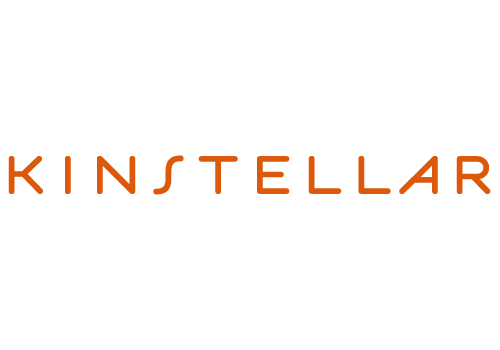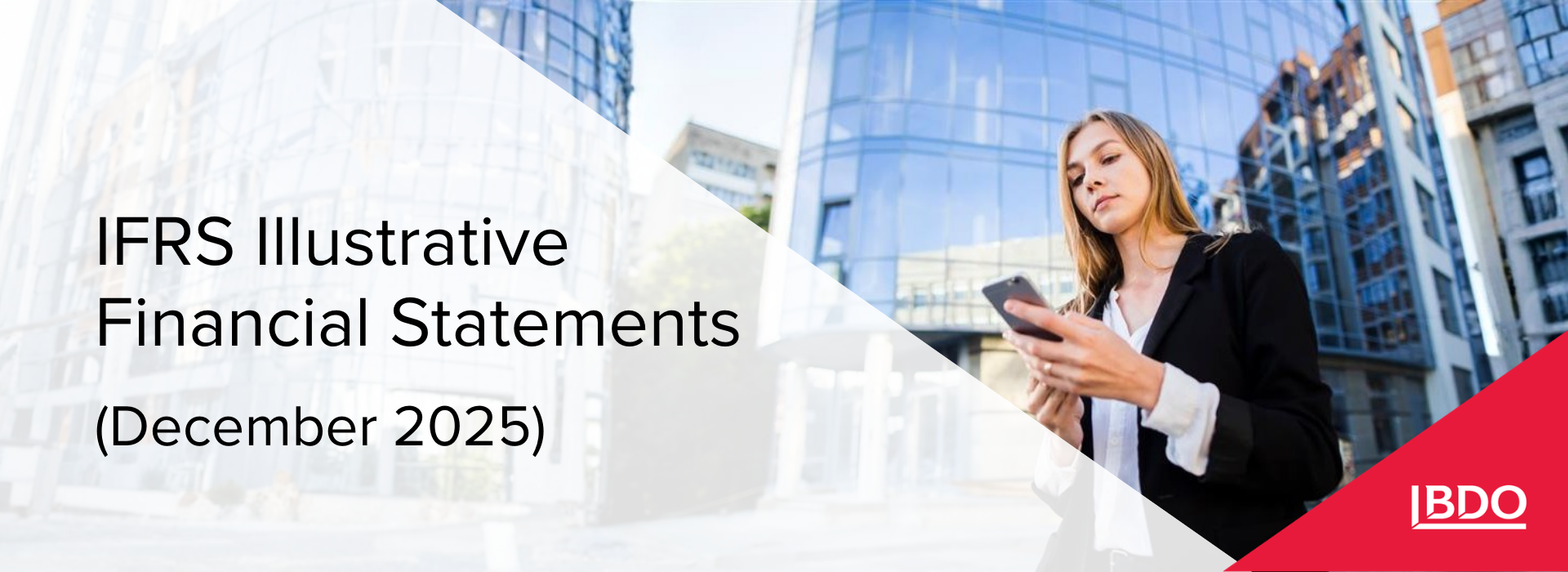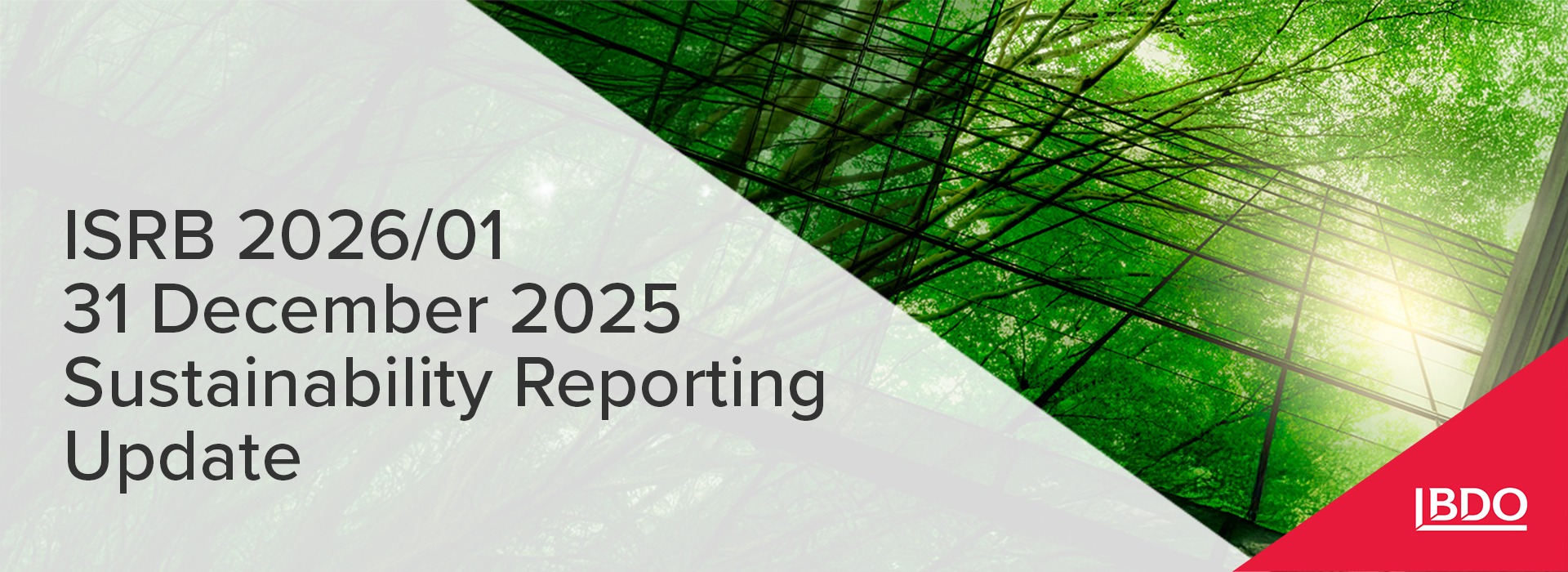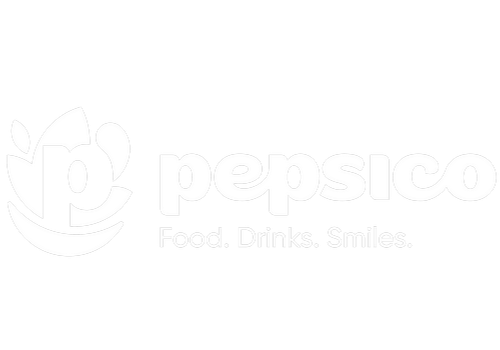On 1 January 2024, Law of Ukraine No. 3295-IX (the “Law”), aimed at strengthening the powers of the Antimonopoly Committee of Ukraine (the “AMC”) and overhauling Ukrainian competition laws by aligning them more closely with European Union standards, will come into force. The most notable changes include an improved leniency policy, the introduction of a settlement procedure for cartels and abuse of dominance cases, clear deadlines for AMC investigations, and enhanced controls over concentrations, including updated filing thresholds.
Key highlights of the amendments to be introduced via the Law include:
- Time limits for AMC investigations. The Law sets a definite maximum time limit of five years for AMC investigations. Generally, AMC investigations should be considered within three years. However, the time limit for an AMC investigation may be extended by two years if additional information is required.
- Leniency policy. Under the Law, respondents subject to an investigation may seek a reduction in the fines imposed by the AMC by providing significant evidence. The first company involved in an investigation to provide such evidence is granted a 50% reduction; the second, 30%; subsequent companies, 20%. The information on a company’s cooperation with the AMC is made public. However, the AMC cannot disclose information it obtains for any purpose other than for its own cartel investigation. In addition to the AMC, a court may rely on such information when deciding on any damage claims arising from a cartel infringement. The AMC has already developed and adopted draft guidelines on its leniency procedure.
- Settlement procedure. The Law introduces a settlement procedure, which offers companies shorter investigative proceedings and a 15% reduction of levied fines. To benefit from a settlement procedure, respondents must initiate the procedure and agree in advance to pay a fine. Moreover, this must be undertaken before the AMC has sent its preliminary conclusions to the parties under investigation. A settlement procedure is initiated only with the consent of the AMC. The settlement procedure involves signing an agreement between the AMC and the defendant. Access to information disclosed during settlement negotiations is restricted, and the AMC can disclose such information only with the consent of the given respondent. During settlement negotiations, the AMC informs the respondents in a cartel infringement under investigation regarding the infringement, the markets affected, and the preliminary calculation of the fine to be imposed. Crucially, the settlement procedure is not applicable if the given violation could not and cannot be stopped, and its causes and consequences could not and cannot be eliminated by the defendant’s actions. The AMC has approved the relevant draft guidelines on the settlement procedure for cartel and abuse of dominance cases.
- Inspections by the AMC. As before the adoption of the Law, the AMC will be able to conduct inspections. Under the Law, however, a decision by a commercial court and an order from the AMC is required. During inspections, the AMC's employees will have more powers than before and can now obtain copies/excerpts from documents; seize property and documents; require officials and employees to provide oral or written explanations of facts/documents; and take photographs, audio or video recordings.
- Enhanced controls over concentrations. The Law also highlights amendments aimed at enhanced controls over concentrations, namely:
- Filing thresholds: unlike at present – where a second test specifically references the target’s assets or turnover in Ukraine over EUR 8 million – the Law will also extend this test to situations when only the acquirer’s group has a nexus to Ukraine.
- Acquisition of control: concentrations are now recognised as, among other things, the conclusion of transactions that may result in an acquisition of control. In other words, even if a share in the authorised capital of 25% or more is acquired, if it does not allow for a decisive influence to occur, no merger clearance will be required.
- Fully functional joint ventures: the establishment of joint ventures by several companies will require AMC merger clearance only if such a joint venture will independently carry out fully functional business activities on a lasting basis.
- Serial transactions: transactions that occur within a two-year period between the same parties and that fall under the definition of a “concentration” will be treated as a single transaction, effective on the date of the most recent transaction.
- The seller’s financial indicators in Ukraine: a seller’s financial indicators can be excluded from a filing threshold calculation if the target owns no assets in Ukraine and has not been active in Ukraine during the past two fiscal years.
- Doubled filing fees: filing fees for merger applications will nearly double from 1 January, totalling approximately EUR 1,100 (equivalent to UAH 42,500). For non-compete filings and other concerted practices, a new fee of approximately EUR 550 will apply (equivalent to UAH 25,500).
- Other procedural The Law also provides for the following amendments:
- Requirements to collect evidence: the Law details the procedural requirements for the AMC’s actions concerning the collection of evidence, so that the affected business can verify the propriety of each undertaken step.
- Granting AMC decisions the status of enforcement documents: the AMC will no longer need to appeal to a court to impose a fine. Accordingly, fines will be imposed by the enforcement authorities based on the relevant AMC
- Joint and several liability: the Law introduces a joint and several liability for business entities for the payment of fines imposed by the AMC.
- Expanded access to registries: the AMC will have direct access to and information from automated information and reference systems, databases owned by public authorities, and local self-government bodies.
- New procedure for setting fines: the Law will require the AMC to approve a binding procedure for setting fines. Most likely, such a procedure will be based on the AMC’s current guidelines for setting fines (adopted as a recommendation in 2016). Following its adoption, the AMC will be obliged to fully comply with the regulation, and Ukrainian courts will be authorised to amend or cancel decisions issued by the AMC that have been found to be non-compliant with applicable procedures.
For further information please contact Olexander Martinenko, Partner, at Olexander.Martinenko@kinstellar.com or Eismont Yulia, Managing Associate, at Yulia.Eismont@kinstellar.com, +380 44 490 9575.



























